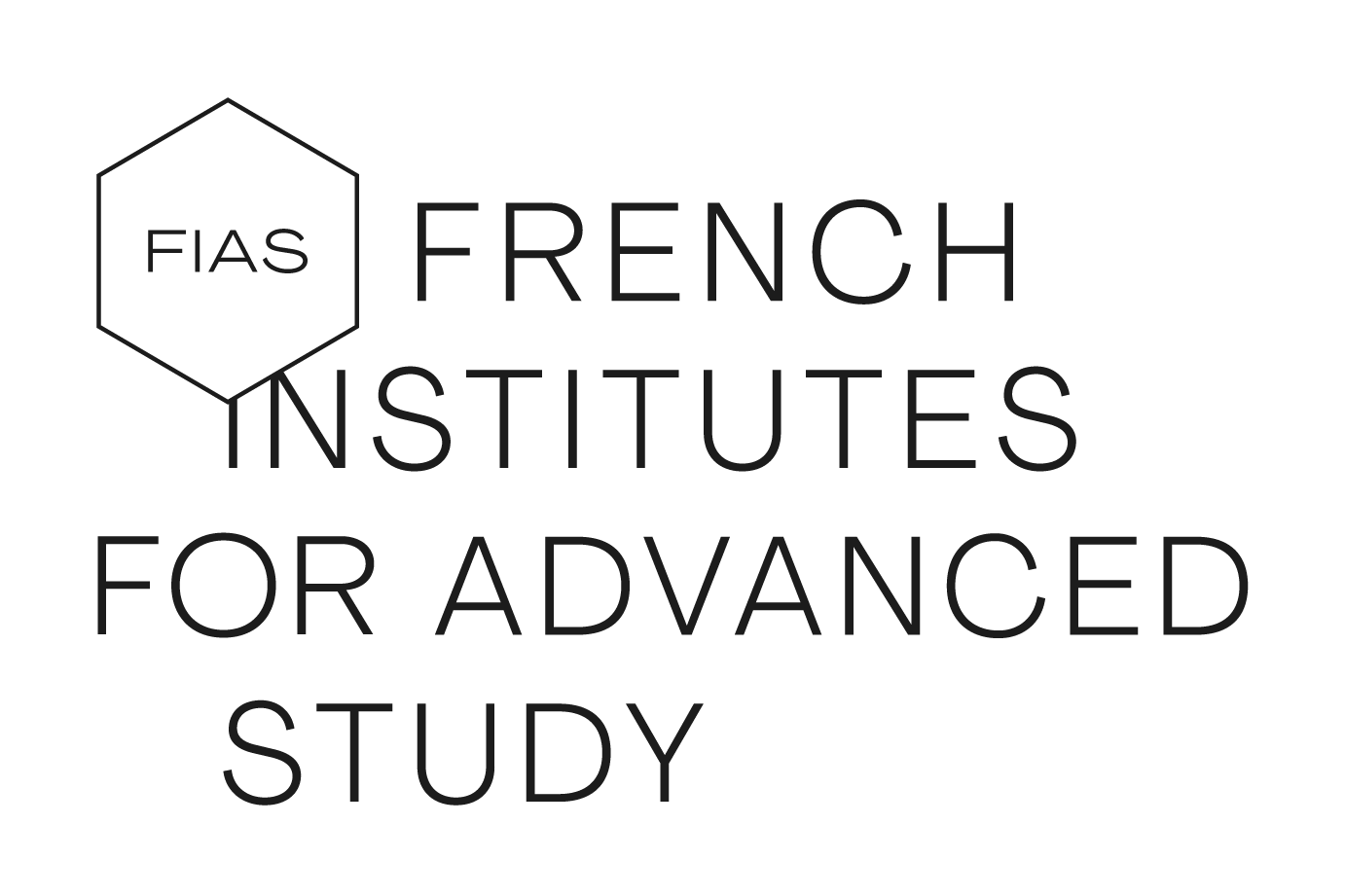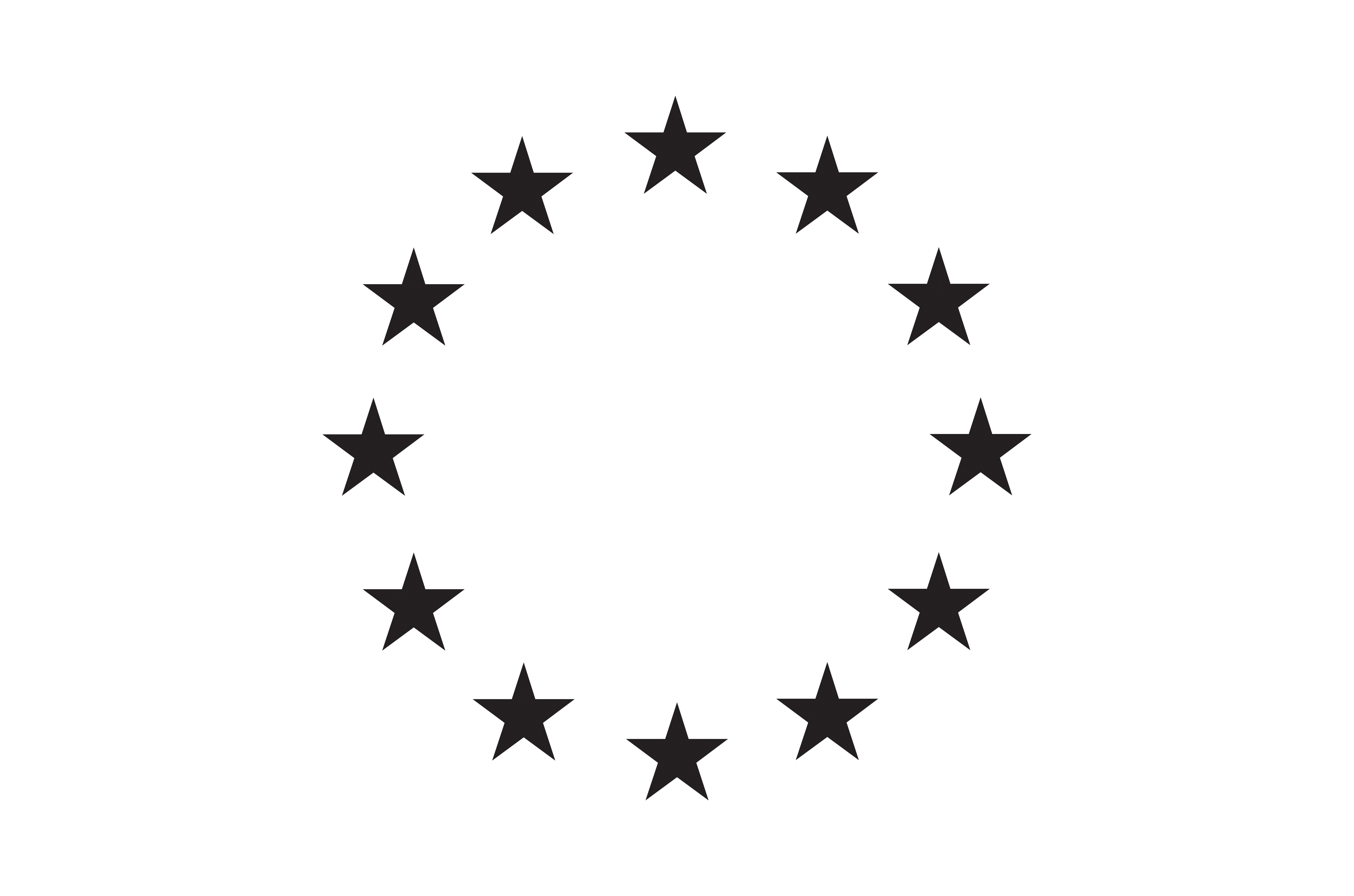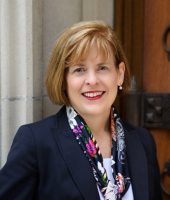Angela Creager
Angela N. H. Creager is the Thomas M. Siebel Professor in the History of Science at Princeton University, where she teaches in the Department of History and advises graduate students through the Program in History of Science. She is a member of the American Philosophical Society and a fellow of the American Association for the Advancement of Science. Her work has been supported by the National Science Foundation, the National Endowment for the Humanities, and the National Institutes of Health.
In September 2024, she joins the Paris IAS as part of the French Institutes for advanced Study fellowship program - FIAS - co-funded by the European Union’s Horizon 2020 research and innovation programme under the Marie Skłodowska-Curie grant agreement No 945408. Her fellowship also benefits from the support of the RFIEA+ LABEX, with a national funding (Grant ANR-11-LABX-0027-01).

![]()

Research Interests
History of biology and biomedical research; Environmental studies; Science and law
Environmental health in global history: Transboundary movement and regulatory science of toxic substances
How does scientific knowledge inform regulation of toxic substances—or not? Creager seeks to answer this question through the history of one widely-used toxicity test, known as Ames test (after its inventor), which was developed in 1973 as a quick and easy way to identify substances that cause genetic mutation. The idea behind this test—that cancers are caused by mutations—remains the major framework for cancer biology to this day. Yet the US federal statute aimed at regulating all commercial chemicals, which was signed into law in 1976 after the Ames test became available, did not require that new (or old) chemicals be tested for whether they cause mutations. By contrast, pharmaceutical companies took up the Ames test uniformly in screening potential drugs. Her research probes the scientific, political, and legal reasons for uneven requirements in the testing of chemicals. In doing so, she expands our understanding of regulatory decision-making to include materials and scientific practices. She also examines how these regulatory tools were taken up by international organizations harmonizing toxicology test standards in the 1970s and beyond.
Jean-Paul Gaudillière (EHESS, Cermes3), Soraya Boudia (EHESS, Université de Paris-Descartes, Cermes3), and Angela Creager will be organizing a collaborative project on environmental health in a globalizing world. They are especially interested in why concerns about health problems from resource extraction and industrialization were so slow to be taken up by advocates of global health. This project will pay attention to how different international institutions and the private sector vied for authority over commercial chemicals, toxic waste, and safety data.
Key Publications
Creager, Angela N. H, “To Test or Not to Test: Tools, Rules, and Corporate Data in US Chemicals Regulation”, Science, Technology, & Human Values 46/5 (2021): 975–97. https://doi.org/10.1177/01622439211013373
Creager, Angela N. H., and Jean-Paul Gaudillière, eds. Risk on the Table: Food Production, Health, and the Environment. New York: Berghahn Books, 2021.
Boudia, Soraya, Angela N. H. Creager, Scott Frickel, Emmanuel Henry, Nathalie Jas, Carsten Reinhardt, and Jody A. Roberts. Residues: Thinking through Chemical Environments. New Brunswick, N.J.: Rutgers University Press, 2022.
|
Conference by Angela Creager (Princeton university, Paris IAS) as part of the Cermes3 2024-2025 seminar series Seminar by Angela Creager, Professor in the History of Science at Princeton University and 2024-2025 research-fellow at the Paris IAS Round-table discussion marking the paperback launch of Risk on the Table: Food Production, Health, and the Environment, edited by Angela Creager (Princeton University, 2024-2025 Research Fellow at the Paris IAS) and Jean-Paul Gaudillière (Inserm & EHESS) Conférence d'Angela Creager, chercheuse-résidente 2024-2025 de l'IEA de Paris, dans le cadre des Jeudis de l'histoire et de la philosophie des sciences de l'ENS 2024-2025 Conférence d'Angela Creager, chercheuse-résidente 2024-2025 de l'IEA de Paris dans le cadre des journées d'études consacrées à Evelyn Fox Keller, organisées par Karine Chemla (SPHERE) et Francesca Merlin (IHPST) |
|
|
|
|





